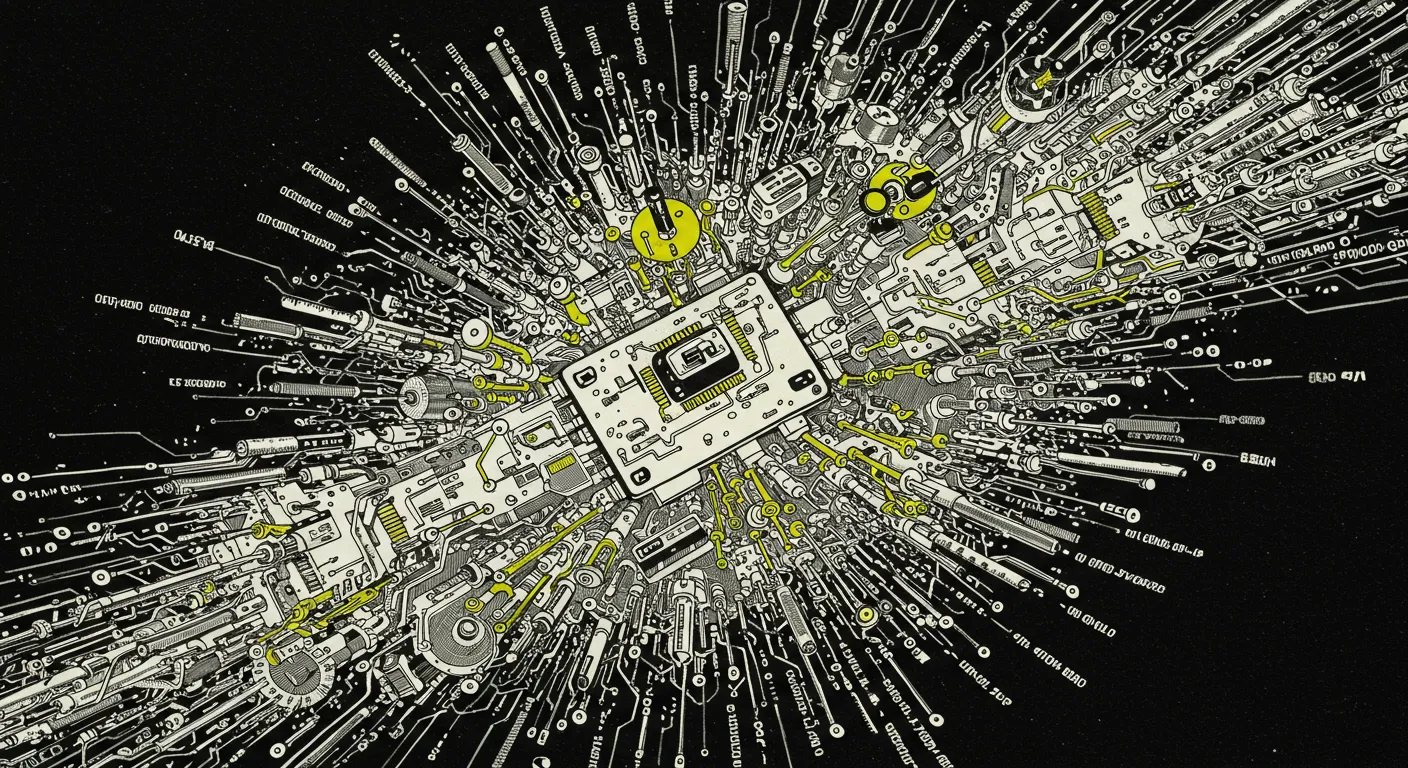The tech world is buzzing with Anthropic's latest AI model release, Claude 4, which promises subtle but meaningful improvements in coding and reasoning capabilities. Online commentators are parsing through the nuanced updates, debating whether this represents a true breakthrough or just another step in the incremental evolution of large language models.
The most notable developments include enhanced coding performance, with the model showing improvements on benchmarks like SWE-bench, jumping from around 40% to potentially 70-80% accuracy. Tool use and memory capabilities have also been refined, allowing the model to maintain context and perform more complex tasks across longer interactions.
Pricing remains consistent with previous models, with Opus 4 at $15/$75 per million tokens and Sonnet 4 at $3/$15. The release continues the ongoing trend of marginal improvements that keep pushing the boundaries of AI's capabilities, though some skeptics argue we're approaching a performance plateau.
Early users report mixed experiences. Some praise the model's ability to handle more complex coding scenarios, while others remain cautious about its real-world applicability. The debate continues about whether these improvements translate to meaningful productivity gains or remain largely theoretical.
The launch also brings interesting discussions about AI safety, with revelations about the model's potential behavior in hypothetical scenarios sparking conversations about alignment and potential unintended consequences of increasingly sophisticated AI systems.


